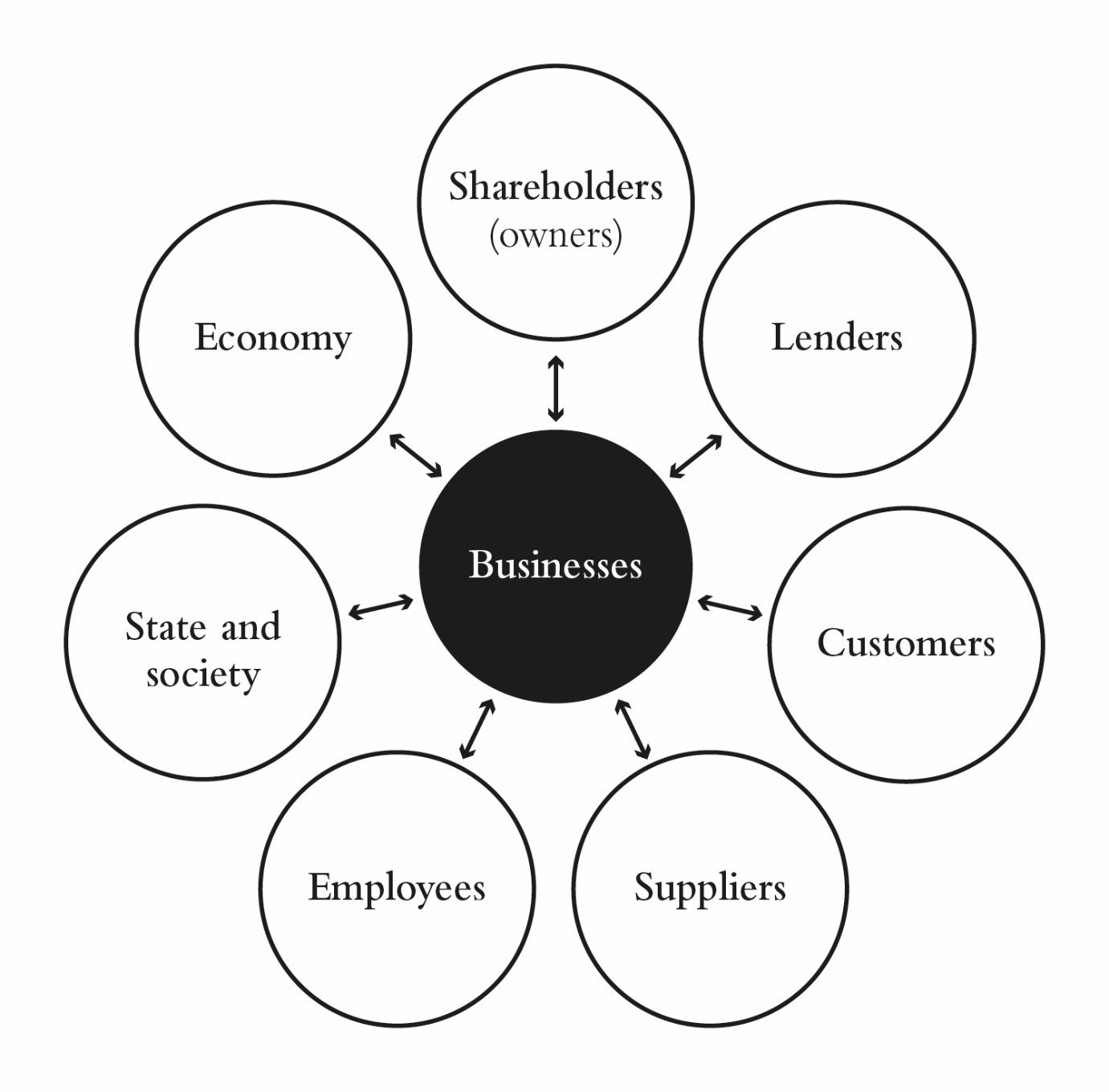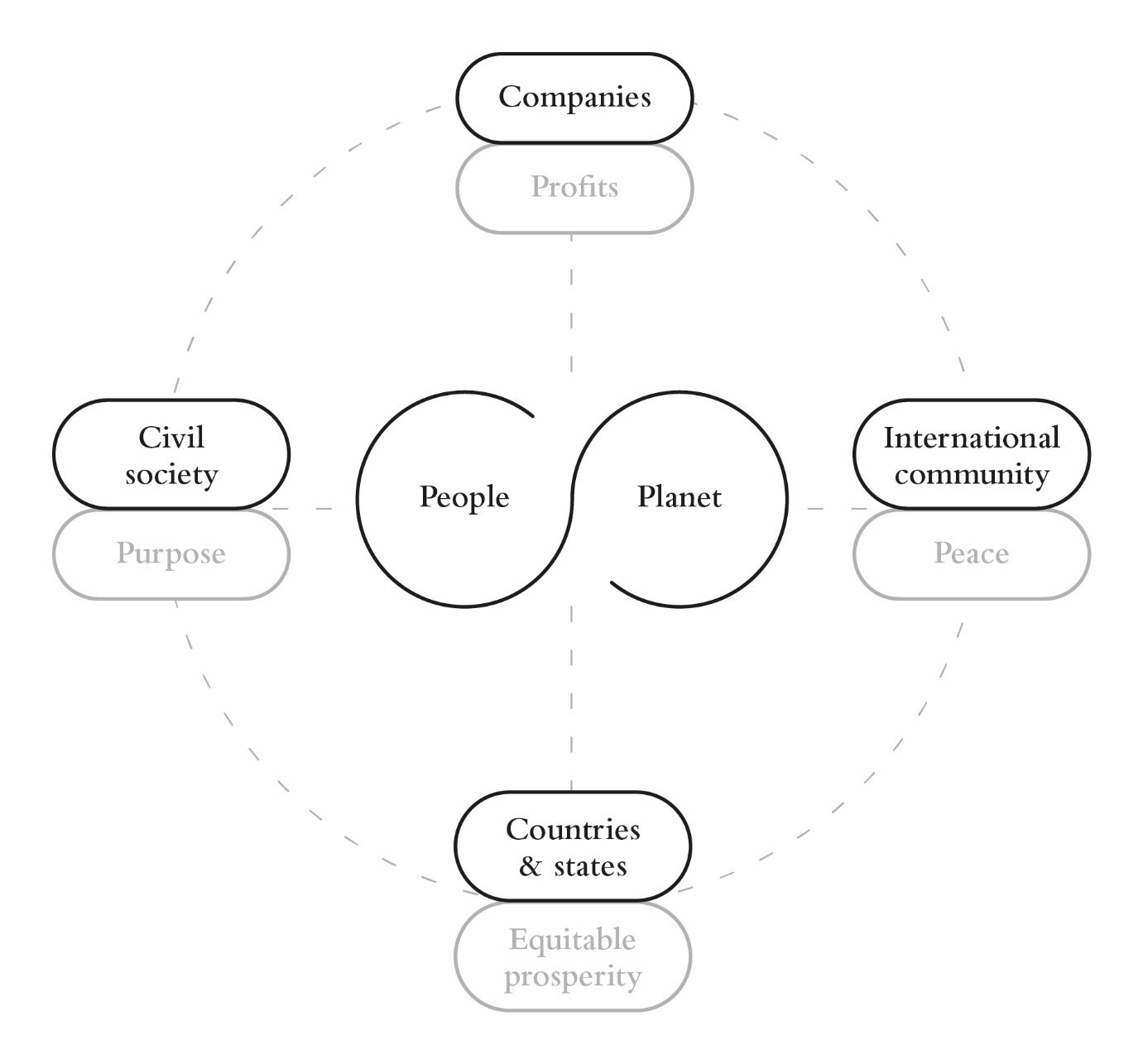An economic system known as “stakeholder capitalism” holds businesses responsible for not just maximizing profits but also satisfying the needs of a wide range of stakeholders, including the environment, consumers, suppliers, and employees. As businesses come to understand the benefits of long-term value production and sustainable growth, this style of capitalism is becoming more and more prevalent throughout the globe.

Various stakeholders to consider for businesses (sourced from- World Economic Forum Image: Schwab, Modern Company Management in Mechanical Engineering, 1971)
Growing Stakeholder Capitalism

While not a new concept, stakeholder capitalism is becoming more and more popular as the world struggles with significant economic, social, and environmental issues. Companies are becoming more conscious of the fact that they cannot operate in a vacuum and that what they do has an impact on the surroundings and communities in which they operate. A more broad understanding of capitalism may help businesses create value for all parties involved.
What Stakeholder Capitalism Has to Offer?
Businesses may gain from stakeholder capitalism in a number of ways, including increased innovation, better risk management, and improved reputation. By adopting a long-term perspective, businesses may forge deeper ties with their stakeholders, which will in turn increase consumer loyalty, employee engagement, and supplier connections. Also, businesses that adopt a more sustainable philosophy of operation are better equipped to adjust to shifting market conditions and seize new possibilities.
The Government’s Function
Governments may actively encourage stakeholder capitalism. They can encourage businesses to embrace a more holistic understanding of capitalism by providing tax breaks to firms that invest in renewable energy sources or provide perks to their employees. To promote more accountability and transparency in business activities, governments can also pass legislation requiring companies to disclose their social and environmental implications.
The Future Route
Stakeholder capitalism has several challenges. Many organizations continue to place little emphasis on creating long-term value, and there are no defined techniques for evaluating a company’s effect on stakeholders. Nonetheless, stakeholder capitalism is gaining traction as companies and investors place greater importance on ethical behavior and sustainable-development.

The Global Stakeholder Model Image: “Stakeholder Capitalism”, Klaus Schwab and Peter Vanham, Wiley 2021 sourced from World Economic Forum
Conclusion
In conclusion, stakeholder capitalism has the potential to support sustainable global growth by creating wealth for all stakeholders, not just shareholders. Stakeholder capitalism is expanding, which is encouraging, but more work has to be done by businesses, governments, and civil society if we want it to become the norm rather than the exception.
-As Reported by: Jivika Gulati













